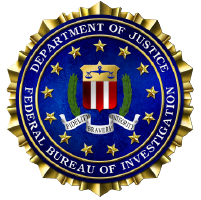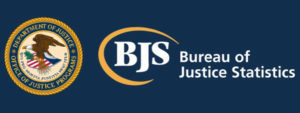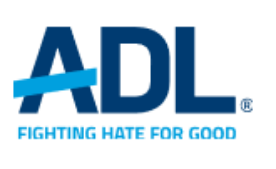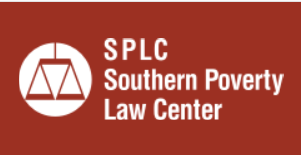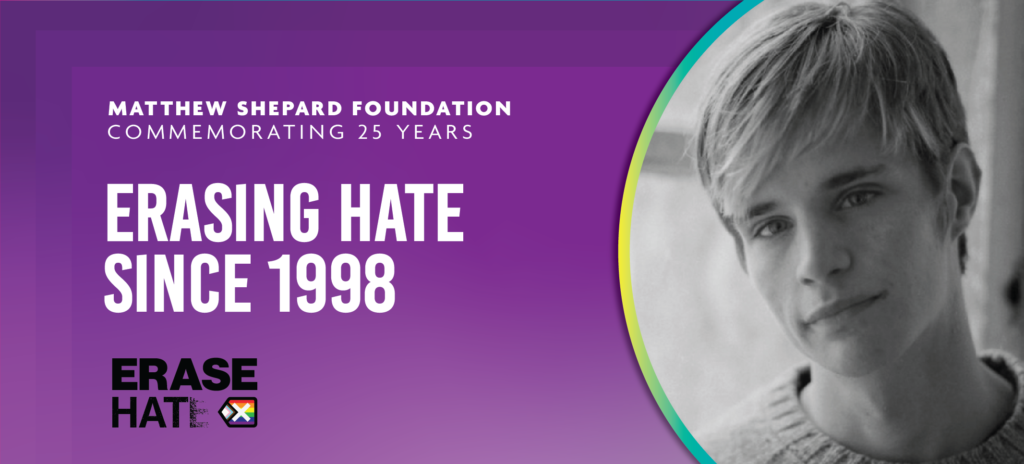Hate Crime data for the nation are derived from National Incident-Based Reporting System (NIBRS) and Summary Reporting System (SRS) reports voluntarily submitted to the FBI.
The 2022 Hate Crime statistics for the nation are based on data received from 14,660 of 18,888 participating law enforcement agencies in the country that year.
The FBI Uniform Crime Reporting Program defines hate crime as a committed criminal offense which is motivated, in whole or in part, by the offender’s bias against a race, religion, disability, sexual orientation, ethnicity, gender, or gender identity.
The Movement Advancement Project (MAP) is an independent, nonprofit think tank that provides rigorous research, insight and communications that help speed equality and opportunity for all. MAP tracks over 50 different LGBTQ-related laws and policies.
The Office of Civil Rights enforces several Federal civil rights laws that prohibit discrimination in programs or activities that receive Federal funds from the Department of Education. These laws prohibit discrimination on the basis of race, color, and national origin, sex, disability, and on the basis of age. These laws extend to all state education agencies, elementary and secondary school systems, colleges and universities, vocational schools, proprietary schools, state vocational rehabilitation agencies, libraries, and museums that receive U.S. Department of Education funds.
The National Crime Victimization Survey is the nation’s primary source of information on criminal victimization. Each year, data are obtained from a nationally representative sample of about 240,000 interviews on criminal victimization, involving 160,000 unique persons in about 95,000 households. Persons are interviewed on the frequency, characteristics, and consequences of criminal victimization in the United States. Each household is interviewed twice during the year. The survey enables BJS to estimate the likelihood of victimization by rape or sexual assault, robbery, aggravated and simple assault, theft, household burglary, and motor vehicle theft for the population as a whole as well as for segments of the population such as women, the elderly, members of various racial or ethnic groups, city dwellers, and other groups. The NCVS provides the largest national forum for victims to describe the impact of crime and characteristics of violent offenders.
ADL fights all forms of antisemitism and bias, using innovation and partnerships to drive impact. A global leader in combating antisemitism, countering extremism and battling bigotry wherever and whenever it happens, ADL works to protect democracy and ensure a just and inclusive society for all.
ADL – Online Hate and Harassment Safety Guide
The Stop Hate Project seeks to strengthen the capacity of community leaders, law enforcement, and organizations around the country to combat hate by connecting these groups with established legal and social services resources.
The SPLC is the premier U.S. non-profit organization monitoring the activities of domestic hate groups and other extremists – including the Ku Klux Klan, the neo-Nazi movement, neo-Confederates, racist skinheads, black separatists, antigovernment militias, Christian identity adherents and others. They are currently tracking more than 1,600 extremist groups operating across the country. The SPLC also publishes investigative reports, trains law enforcement officers and shares key intelligence, and offers expert analysis to the media and public.
The Center for the Study of Hate and Extremism at California State University, San Bernardino is a nonpartisan research and policy center that examines the ways that bigotry, advocacy of extreme methods, or terrorism, both domestically and internationally deny civil or human rights to people on the basis of race, ethnicity, religion, gender, sexual orientation, disability or other relevant status characteristics. The center seeks to aid scholars, community activists, government officials, law enforcement, the media and others with objective information to aid them in their examination and implementation of law, education and policy.

